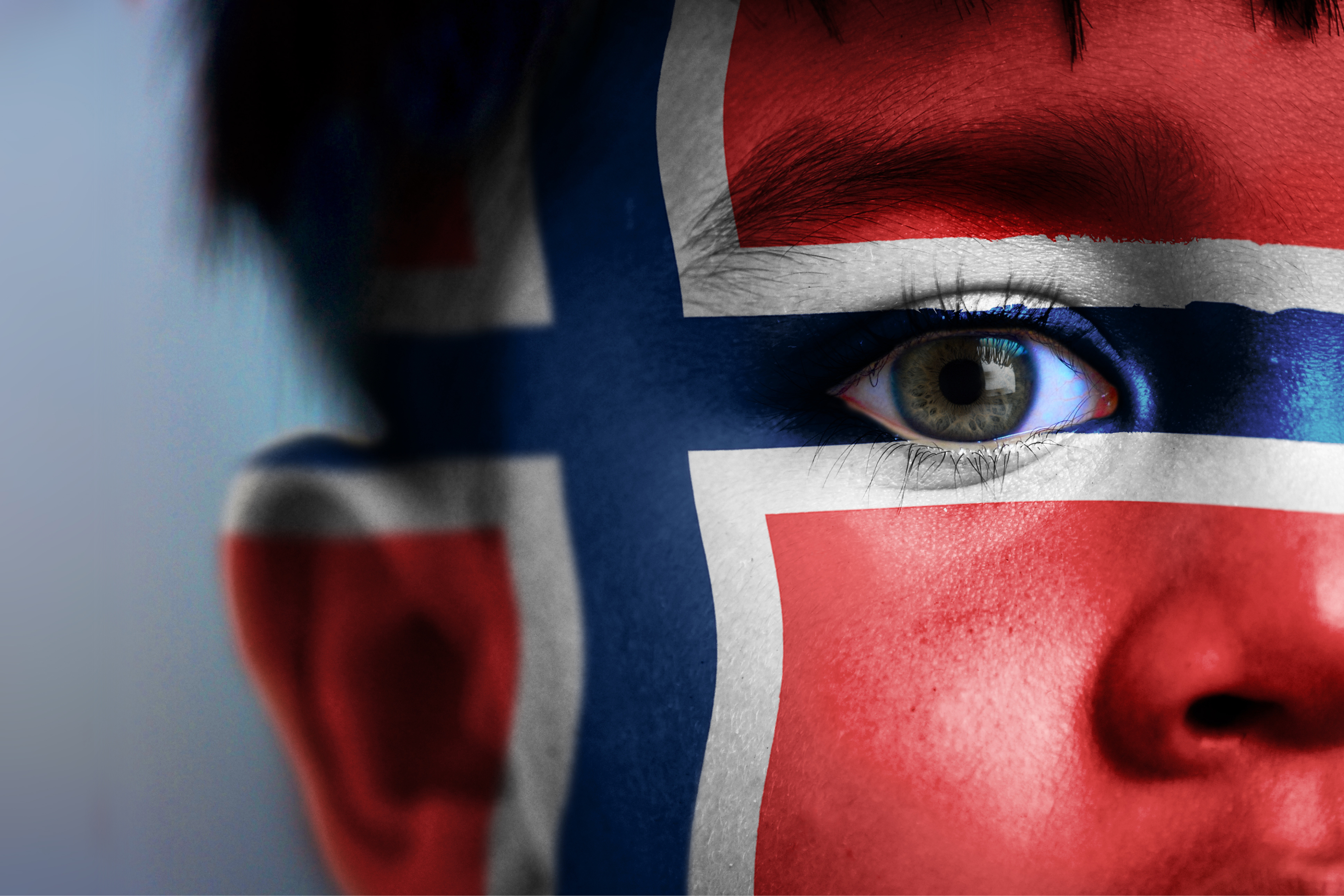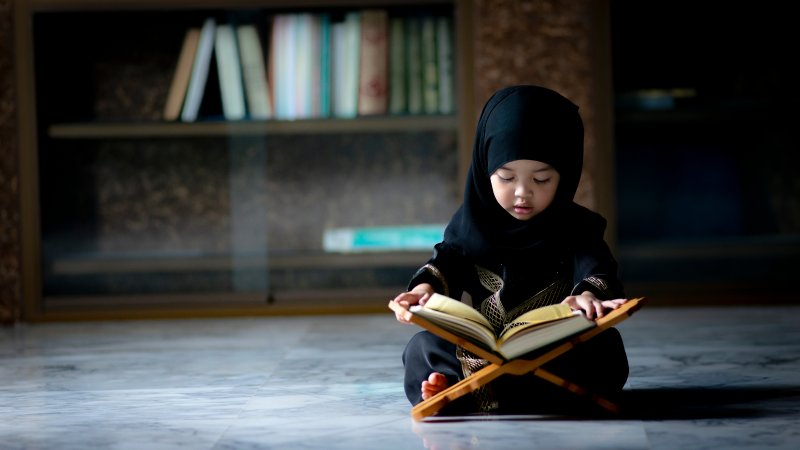
-
HOME
-
WHAT IS STANDOur Mission Our Values Our Help Contact
-
WHAT WE FIGHT FORReligious Freedom Religious Literacy Equality & Human Rights Inclusion & Respect Free Speech Responsible Journalism Corporate Accountability
-
RESOURCESExpert Studies Landmark Decisions White Papers FAQs Religious Freedom Resource Center Priest-Penitent Privilege Islamophobia Freedom of Religion & Human Rights Topic Index
-
HATE MONITORBiased Media Propagandists Hatemongers False Experts Hate Monitor Blog
-
NEWSROOMNews Media Watch Videos Blog
-
TAKE ACTIONCombat Hate & Discrimination Champion Freedom of Religion Demand Accountability
Religious Freedom at Stake in Jehovah’s Witnesses Suit Against Norway
Jehovah’s Witnesses, the first ever of 700 recognized religious communities in Norway to lose their national registration, are suing the state for violating their religious freedom.

In January 2022, after reviewing the religion’s practices, county governor of Oslo Valgerd Svarstad Haugland determined they were “exclusionary” and therefore in violation of Norway’s Religious Communities Act—Section 2 of which reads: “No one may bind himself legally to belonging or not belonging to a religious community, religious organization or order. Nor may anyone bind another person to such a body.” Haugland therefore denied Jehovah’s Witnesses applications for state grants.
“There are more and more attempts in Europe by state institutions to interfere and intrude into the teachings and practices of religious groups, which is forbidden by the European Convention.”
Haugland argued that Jehovah’s Witnesses are forbidden to contact expelled members and those who voluntarily leave the group, and claimed that such practices can cause a person to feel uncomfortable about choosing to disassociate from the religion. Haugland also said that the religion exerts “negative social control” and violates children’s rights because Jehovah’s Witnesses may excommunicate minors in the group if they break the community’s rules. “We have assessed the offenses as systematic and intentional, and have therefore chosen to refuse grants,” Haugland said.
The Jehovah’s Witnesses, who had received about $1.5 million annually in grants for 30 years from the Norwegian government, rely on the funds for humanitarian disaster relief work and for carrying out their mission in Norway, including translating literature and building kingdom halls, according to Jehovah’s Witnesses spokesperson Jørgen Pedersen.
According to Jarrod Lopes, another spokesperson for the religion, “Congregation elders do not police the personal lives of congregants, nor do they exercise control over the faith of individual Jehovah’s Witnesses,” contrary to Haugland’s claims.
In September, the Jehovah’s Witnesses appealed the county governor’s ruling, but the Ministry for Children and Families upheld the judgment. Within three months of the decision, the government had revoked the religion’s national registration, thus denying them the rights and privileges of a religious community, including the ability to solemnize marriages.
The Jehovah’s Witnesses countered that there was no evidence of harm and that the state has no right to interpret religious texts. They filed suit against the state, disputing the denial of government grants and challenging the revoking of their registration in what Willy Fautré, director of the Brussels-based Human Rights Without Frontiers, calls “the most important trial about a religious freedom issue in Norway in decades.”
Fautré is concerned about the case because, he says, “we see that there are more and more attempts in Europe by state institutions to interfere and intrude into the teachings and practices of religious groups, which is forbidden by the European Convention. The risk is they would open the door to more court cases against other religious groups.”
The trial began on January 8, 2024. Meanwhile, hate crimes targeting Jehovah’s Witnesses in Norway are on the rise. In September 2022, a man screamed as he attempted to assault two Jehovah’s Witnesses in Harstad. That same month a Jehovah’s Witnesses mobile display car was set on fire, and in October, an attempted arson attack targeted a Jehovah’s Witnesses facility in Fauske.
“The state of Norway is taking a look at my beliefs, saying, ‘we don’t like that, we don’t like that,’” said Pedersen. A government ruling that his faith community must alter its beliefs and practices, he said, is a “violation of my integrity as a person, as a religious person, as a person with a conscience. That’s the core issue of this case.”






